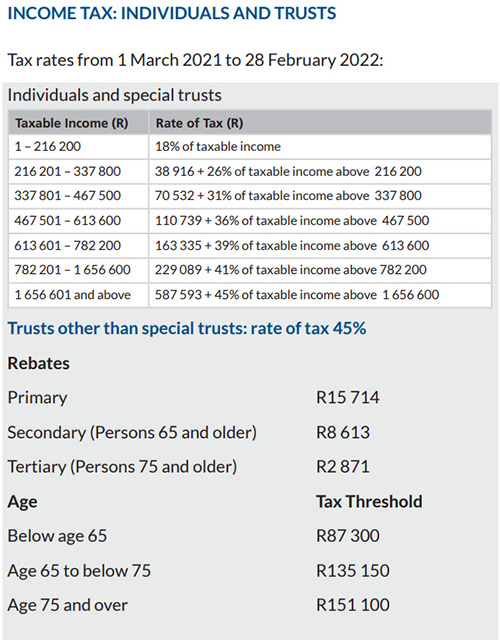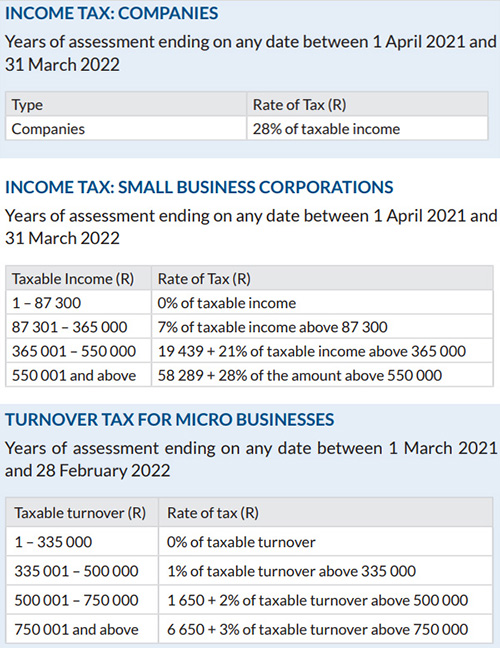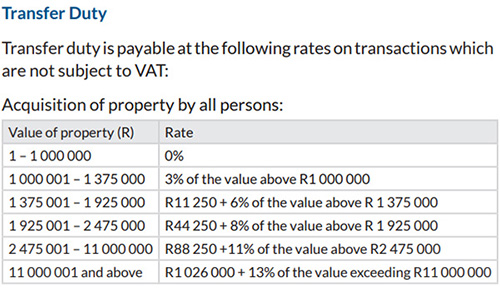The Department of Small Business Development’s Lifelines to Suffocating SMMEs

“It’s been said that government doesn’t create jobs, business does. For the most part, this is true. But government creates the environment in which businesses can excel and expand” (American politician and lawyer, Christine Gregoire)
There are several resources that the government, under the guidance of the Department of Small Business Development (DSBD), has made available to SMMEs with the objective of assisting them to keep afloat and competitive in this current climate. The programmes below are but a select few.
The department until recently had a COVID-19 Debt Relief Finance Scheme, which unfortunately ceased to exist a couple of months ago. The fund had re-prioritised just over half a billion Rand to assist small businesses during the lockdown stranglehold.
However, the DSBD still has these resources to assist SMMES:
- The SMME Business Growth Resilience Facility
In sport, experts always say “the best form of defense is offense”. The same sentiment applies in business.
This resource was set up with the objective of assisting SMMEs in taking advantage of supply opportunities resulting from the COVID-19 pandemic and the shortage of goods in the local market. This includes the likes of PPEs and other COVID-19 fighting measures. This is a “counter attacking” resource that aims to assist small businesses respond to the COVID-19 pandemic, and is a programme that helps cushion them while leaning against the ropes as a result of COVID-19.
According to the department, to qualify:
- The business must have been registered with CIPC by at least 28 February 2020.
- It must be 100% owned by South African Citizens,
- Its staff compliment must be 70% South Africans; among several other qualifying considerations.
- The SheTradesZA Hub
Together with the DSBD and the Small Enterprise Development Agency (SEDA), the ITC SheTrades has set up a Hub in South Africa, in order to help South African women entrepreneurs, increase their international competitiveness and connect to national, regional and global markets through the SheTradesZA Hub.
The primary objective of the Hub is to connect at least 50 000 women owned businesses to markets by 2023. This is part of South Africa’s contribution to ITC’s goal of connecting three million women owned businesses to markets by 2021.
- The Black Business Supplier Development Programme (BBSDP)
The BBSDP is essentially cost-sharing grants offered to black-owned SMMEs with the aim of sustainably stimulating their competitiveness and creating employment.
The objective is to fast-track and stimulate existing SMMEs that exhibit good potential for growth and to grow black-owned enterprises by fostering linkages between black SMMEs and corporate and public sector enterprises, among other objectives.
This programme provides grants of up to R1 million to small businesses that meet the selection criteria.
- Research and access to information The DSBD has placed various research findings on small businesses, for the benefit of entrepreneurs, on its website. These are expertly done reports on interesting topics like comparisons on the performance and trends of South African SMMEs based on legislation against their peers from other parts of the world. For that report, please click on this link and for the general research resources, please click here.
Ask your accountant how you can take advantage of these resources to give your business an edge.










